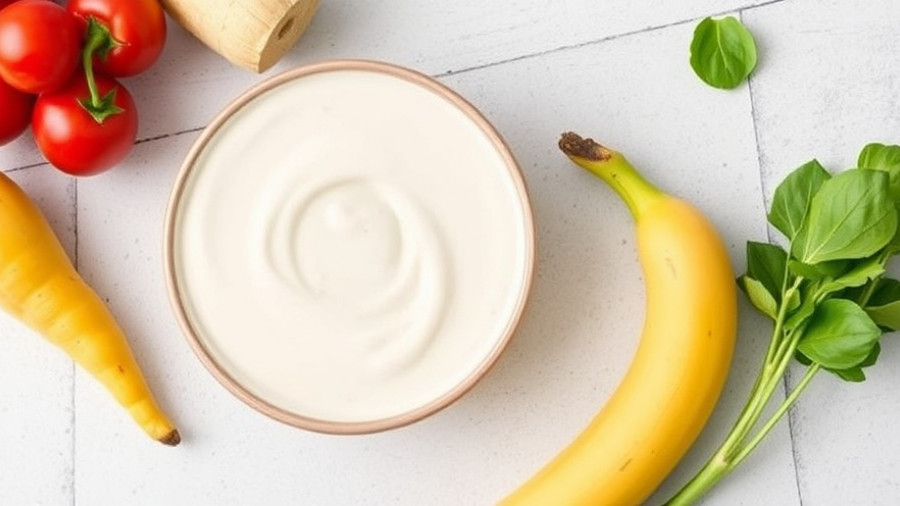
Potassium: A Key Player in Mental Health
Many people may overlook the role that diet plays in mental well-being, yet emerging research highlights potassium as a vital nutrient for mood stabilization. Low potassium levels have been linked with heightened risks of depression and anxiety. By enriching your diet with potassium-rich foods, you may bolster not just your physical health but your mental health as well.
Scientific Insights into Potassium Rich Diets
A recent study conducted on over 22,000 participants across South Korea and the United States found that higher potassium intake was consistently associated with a lower risk of depression. Researchers underscored that minerals like potassium are crucial for maintaining neurotransmitter function and neuroinflammation, processes that significantly influence mood.
Overlooked Nutrient: The Importance of Potassium
Most individuals do not consume the recommended daily intake of potassium, which is between 2,600 to 3,400 mg. Aiming to integrate potassium-rich foods such as leafy greens, bananas, and beans into your meals can serve as a simple yet effective strategy for enhancing emotional and physical wellness. According to experts, these foods work synergistically with other nutrients to support comprehensive health.
Top Foods to Boost Your Potassium Intake
For those looking to increase their potassium consumption, consider including the following in your daily meals: oatmeal with bananas, spinach salads, and roasted sweet potatoes. These delicious foods not only taste good but also contribute significantly to your daily wellness habits, promoting a well-rounded, healthy lifestyle.
Benefits Beyond Mood: A Holistic Approach to Wellness
Incorporating a potassium-rich diet into your wellness lifestyle brings forth numerous benefits beyond just mood enhancement. It supports heart health and balances bodily fluids, making it an indispensable part of a personal wellness plan. Transitioning towards a wellness-oriented mindset involves understanding the combined effects of nutrition on mental well-being, creating actionable insights that lead to long-term benefits.
By proactively adapting wellness routines that are proven to work, you'll not only set yourself on a path to enhanced mental health but also deepen your understanding of overall health. Remember, a high-potassium diet is just one building block on your journey towards emotional and physical wellness.
For anyone seeking additional guidance on implementing these dietary changes, partnering with a registered dietitian might provide personalized insights and strategies that seamlessly fit into your lifestyle. Start today by making small changes to your diet, and soon you may enjoy not only improved physical health but also a balanced state of mind.
 Add Row
Add Row  Add
Add 



Write A Comment